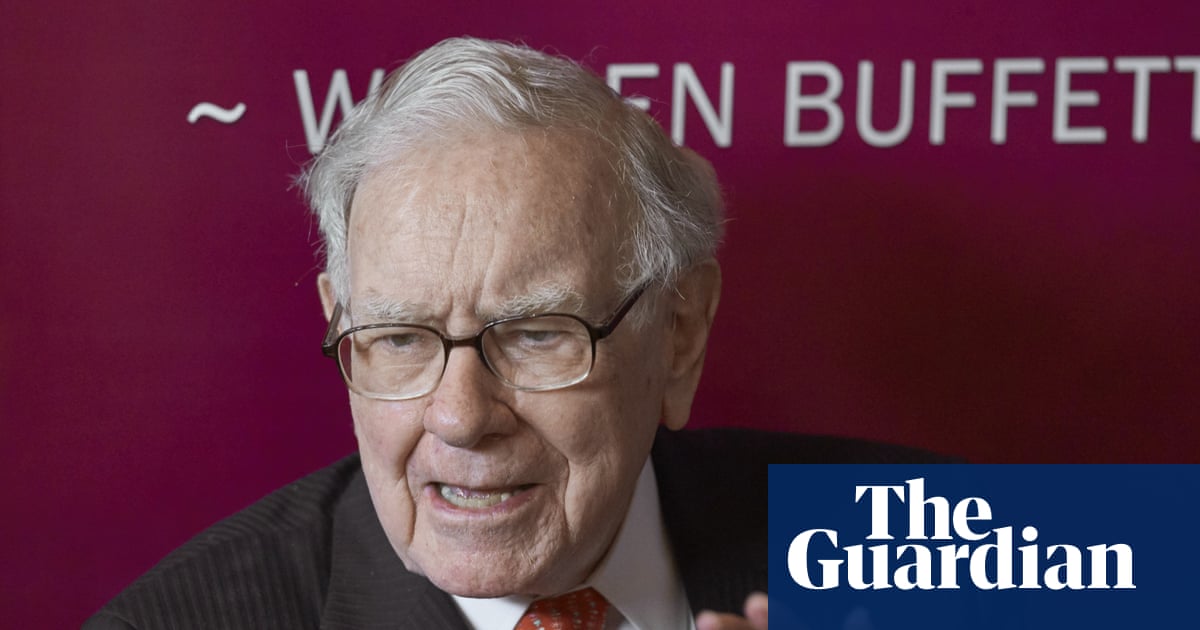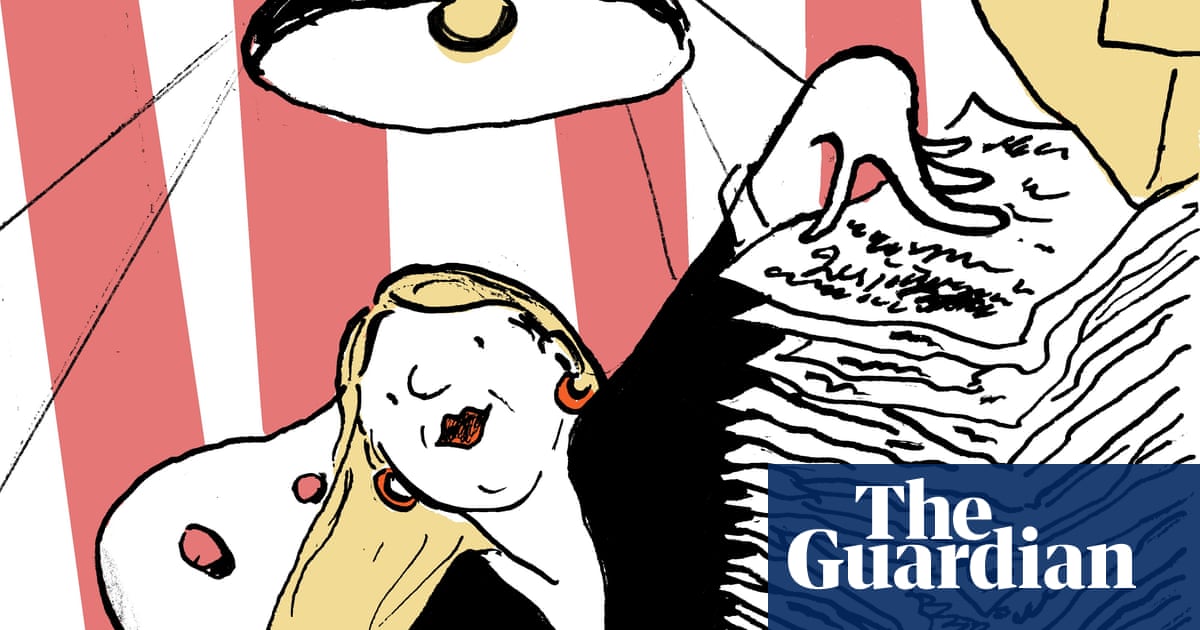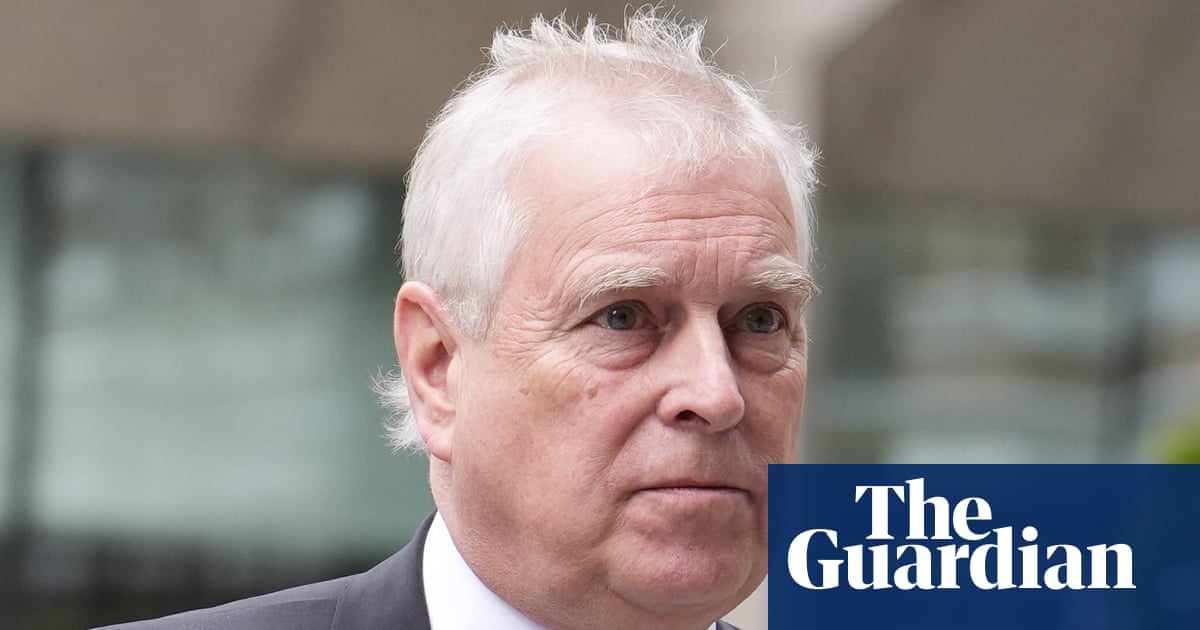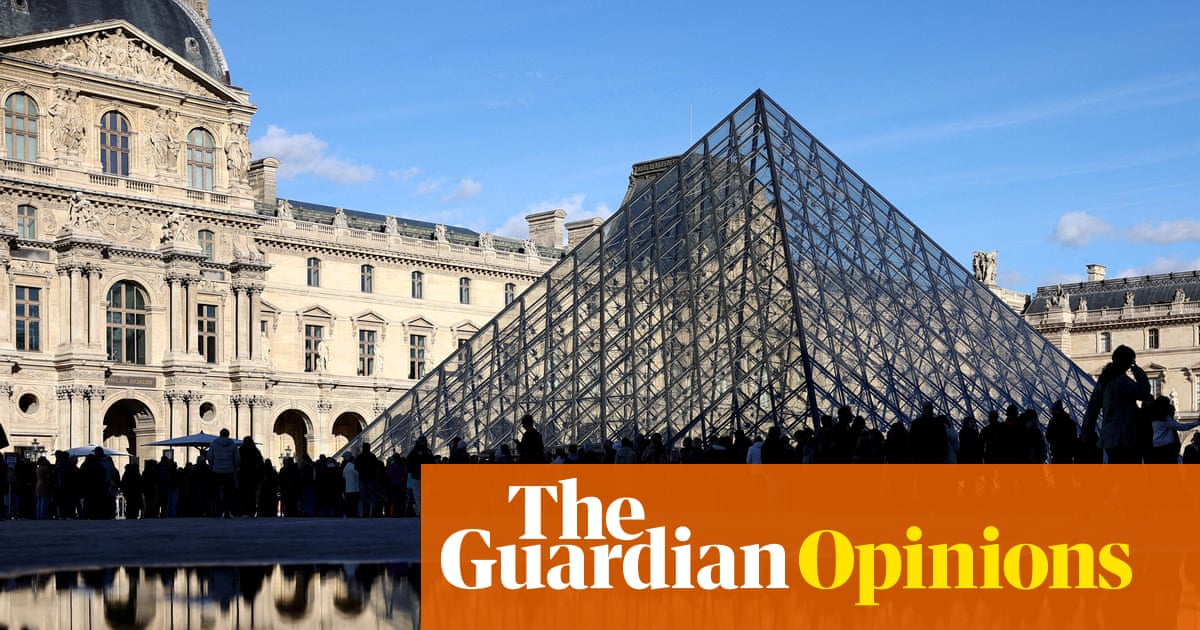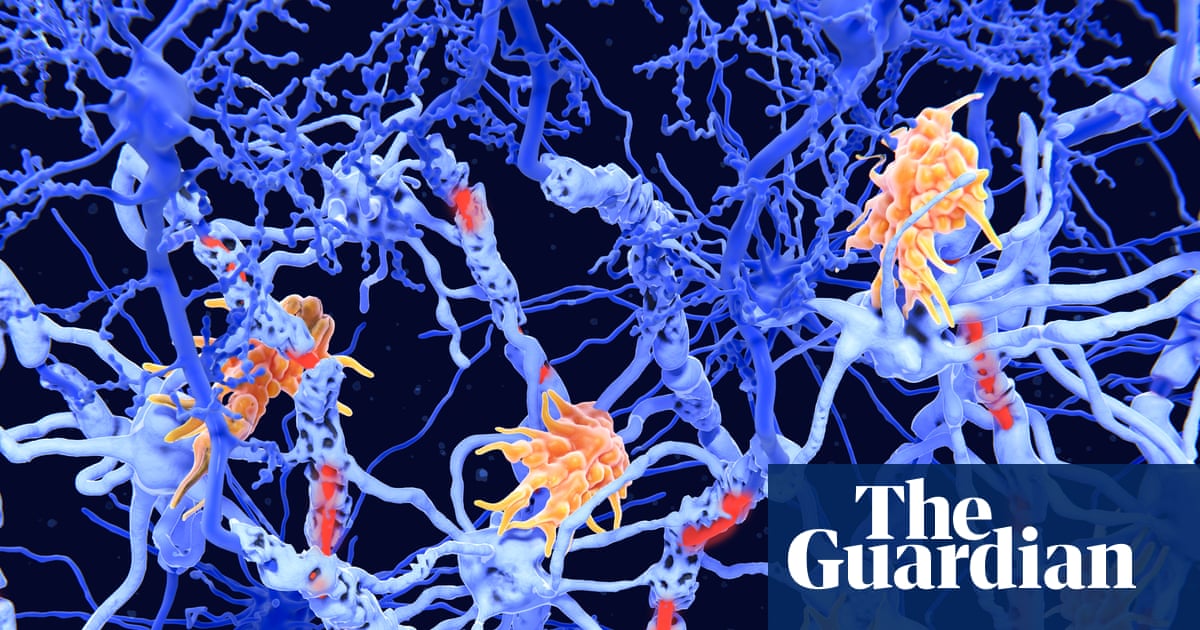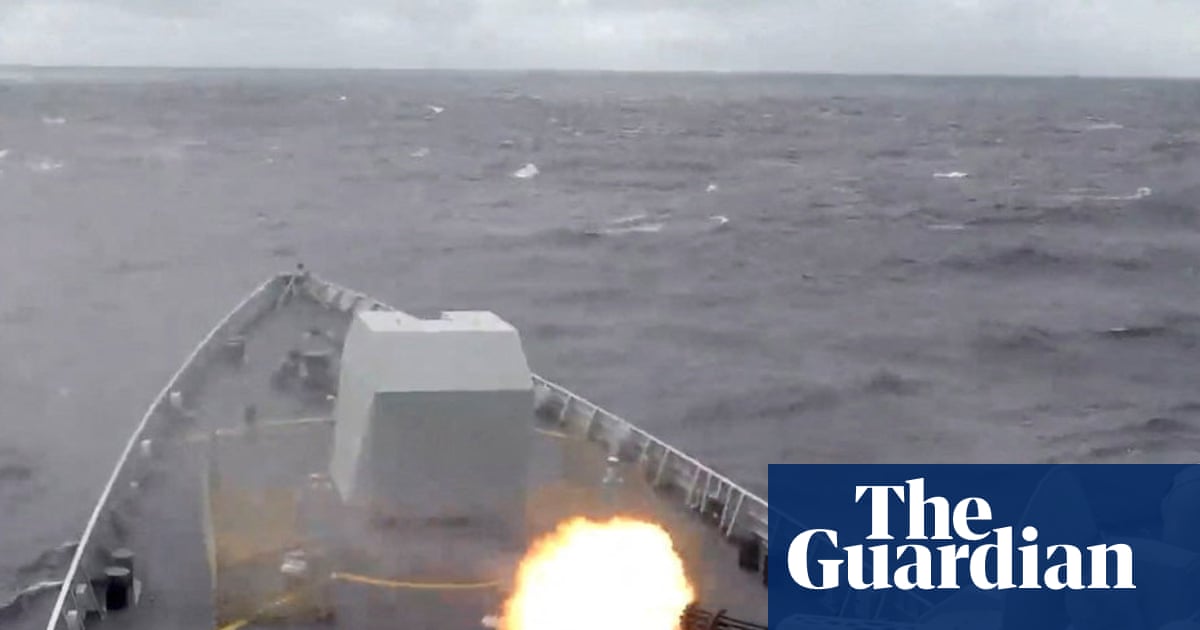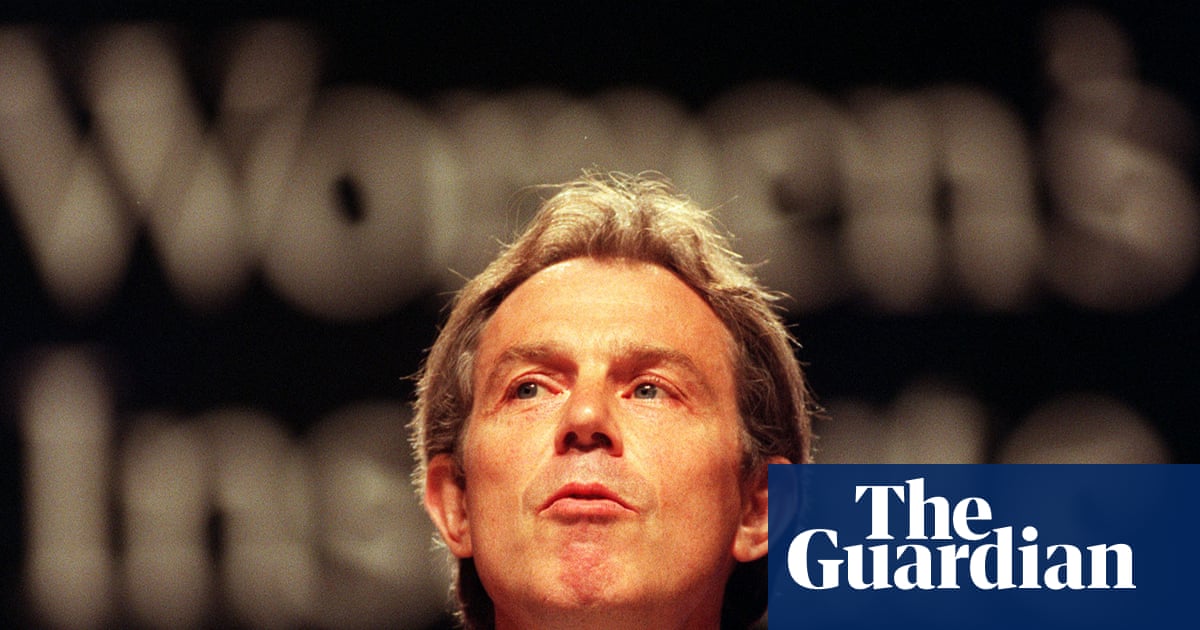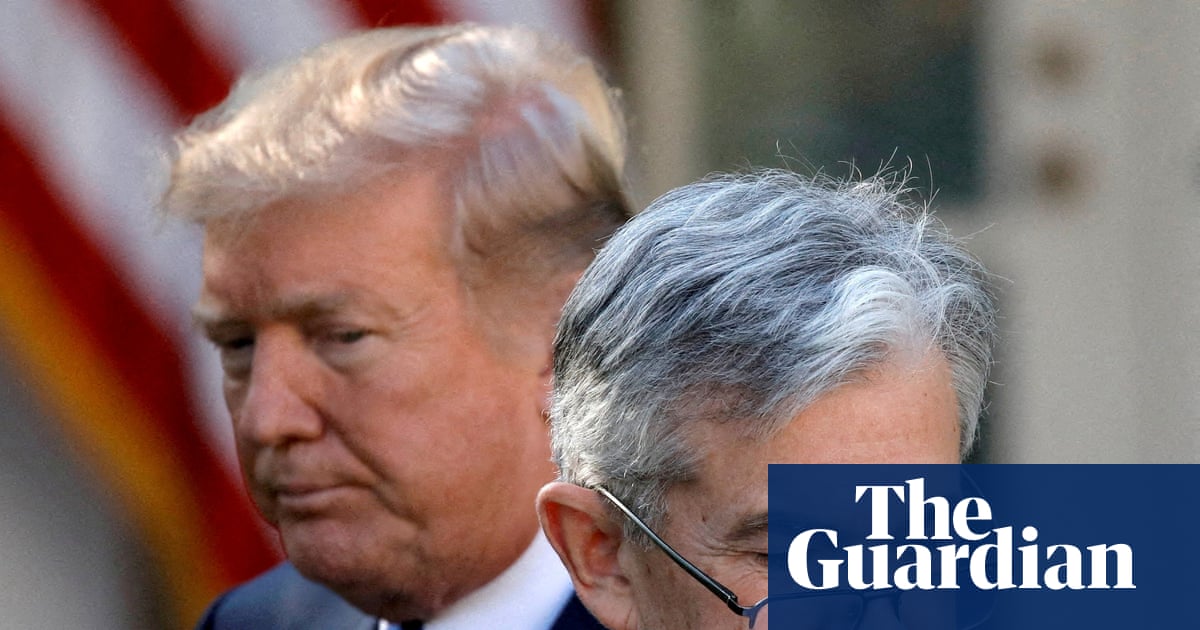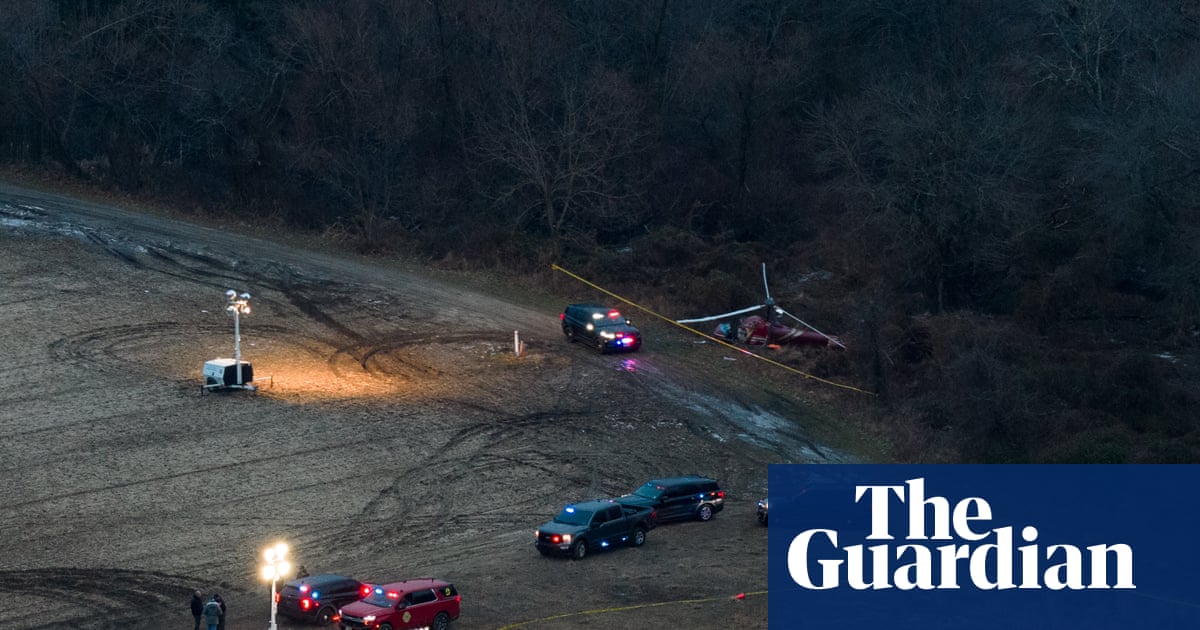-
Ukrainian president Volodymyr Zelenskyy and his top military commander have said Russian offensives failed to meet their goals and Moscow was suffering heavy losses on the battlefield. Zelenskyy said in his nightly video address on Friday that Ukrainian forces had inflicted heavy casualties on Russian troops in a counteroffensive near Dobropillia in the eastern Donetsk region. Military commander-in-chief Oleksandr Syrskyi told reporters that “the Russians’ spring and summer campaign has effectively been disrupted”. Zelenskyy disputed Russian president Vladimir Putin’s account that his forces were achieving their battlefield goals. “For some time they have been forced, year after year, to invent new reasons why the deadlines they announced keep getting pushed back,” he said.
-
Syrskyi said Russian plans to create a “buffer zone” in the Sumy and Kharkiv regions in the north and north-east, to take Pokrovsk and to capture all of Donetsk region had failed. Speaking about a Russian breakthrough in August near Dobropillia, Syrskyi said Ukraine had cut off Russian forces along the Kazenyi Torets river in what he called a “trap”. He said that since the beginning of summer the Russians had been attacking with a tactic he called “a thousand cuts” – a high number of tiny infantry assaults. The active front line was now 1,250km (777 miles) long and an estimated 712,000 Russian personnel were involved in the fighting in Ukraine, he said.
-
Russia deliberately flew drones into the airspace of Nato member Poland this month to test the alliance’s response, stoke fatigue in member states with its war on Ukraine and step up pressure on the west, the Ukrainian military spy agency said on Friday. “Such hybrid operations likely aim to increase pressure on Ukraine’s western partners, potentially leading to: reduced support for Ukraine, especially military aid,” it wrote. The agency sent the written assessment to Reuters after Nato jets downed Russian drones that entered Polish airspace on 9-10 September. Russia denies planning to target anything in Poland with drones.
-
Nato is “united” and its members are prepared to defend the bloc’s airspace, Keir Starmer and Mark Carney agreed after drones were spotted over Danish airports this week. The UK and Canadian prime ministers met in London on Friday and a Downing Street spokesperson said the two together “expressed full solidarity” with their counterpart from Denmark, Mette Frederiksen, “following recent incursions by unidentified drones into Danish airspace”. Drones spotted over Copenhagen airport grounded flights out of the Danish capital on Monday night. Jes Jespersen, a senior police officer in the Scandinavian country, said the drone pilot was a “capable actor” and indicated it was a performance intended to “show off”.
-
The EU has agreed to move forward with plans for a drone wall at the heart of its eastern defences as momentum grows for a €140bn loan to Ukraine based on Russian frozen assets, reports Jennifer Rankin. After a meeting with ministers from 10 mostly central and eastern European member states plus Ukraine, the EU’s defence commissioner, Andrius Kubilius, said a drone wall to protect against incursions from the skies was an immediate priority and core element of the bloc’s eastern flank defences. The issue has risen up the agenda after the spate of drone incursions in Denmark, Poland and Romania as well as the violation of Estonian airspace by Russian fighter jets while Russia continues its bombardment of Ukraine. The Kremlin, meanwhile, criticised Donald Trump’s suggestion that Nato members should shoot down Russian military planes over Europe as “reckless”.
-
Reconnaissance drones that violated Ukraine’s airspace could have flown from Hungary to check the industrial potential of western border areas, Zelenskyy said on Friday, prompting a mocking rebuke from Budapest. The Ukrainian president was citing a preliminary military assessment of the drone activity and did not say when those particular reconnaissance drones had been sighted over the border region.
-
Belarus unveiled a proposal on Friday to build a second nuclear power plant capable of supplying energy to Russian-occupied regions of Ukraine. President Alexander Lukashenko raised the plans during a meeting at the Kremlin with president Vladimir Putin, who appeared to publicly support the idea. Sviatlana Tsikhanouskaya, the exiled leader of Belarus’ opposition, told the Associated Press the plans put “all of Europe at risk”.

 3 months ago
52
3 months ago
52
